Practise dictionary skills with this set of 26 task cards.
Improve Your Students’ Dictionary Skills
Dictionary Dig is the ultimate resource designed to help your students practise their dictionary skills. This engaging and interactive activity is perfect for teachers looking to give their students a fun and effective way to build vocabulary, practice alphabetical order, and learn how to use a dictionary.
This resource includes 24 task cards that guide students through the process of using a dictionary to look up words, interpret definitions, and use context clues to determine the meaning of unfamiliar words. There is a recording sheet included in the download for students to record their answers to each of the questions on the task cards.
Should Dictionary Skills Still be Taught?
Yes! Dictionary skills are still important for your students to learn. Despite the prevalence of digital devices and search engines, there are many situations where a physical dictionary may still be the best resource for finding information. Additionally, using a dictionary can help students to develop their vocabulary, spelling, and comprehension skills.
Learning to use guide words in a dictionary can be particularly useful for students who need to look up multiple words or who are working on a research project.
Download & Print
Use the drop-down menu to choose between the PDF version or the Google Slides version of this resource. It is advised that you print on thick card to ensure durability of this resource.
Store this resource in a container so that you can use it again and again.
Print out the activity cards on cardstock, and attach them to a binder ring for students to use individually or in small groups as a reading activity. Students use a dictionary to complete the activity listed on the card.
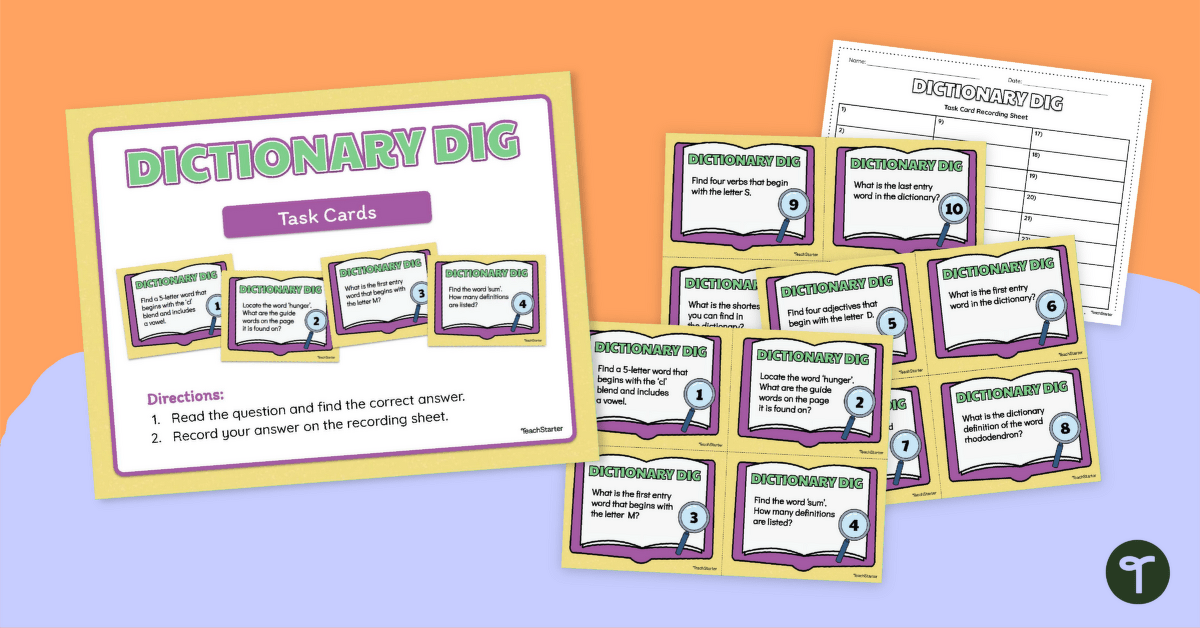

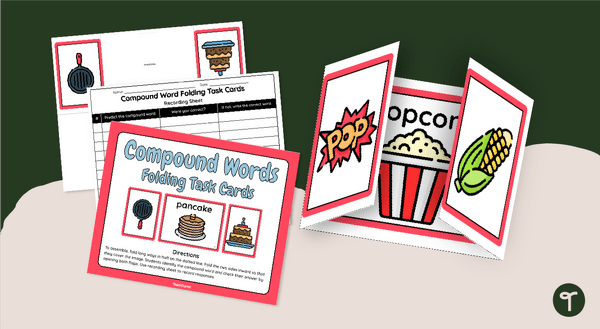
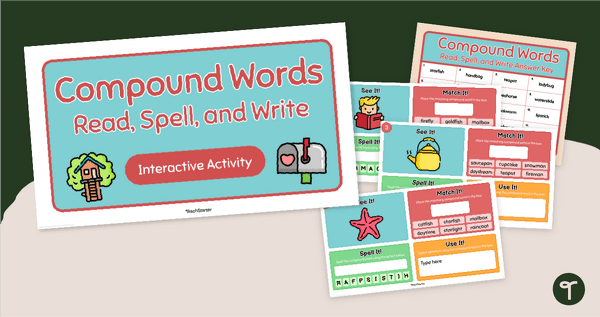
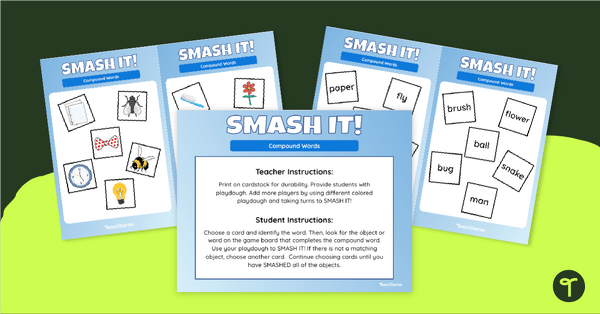
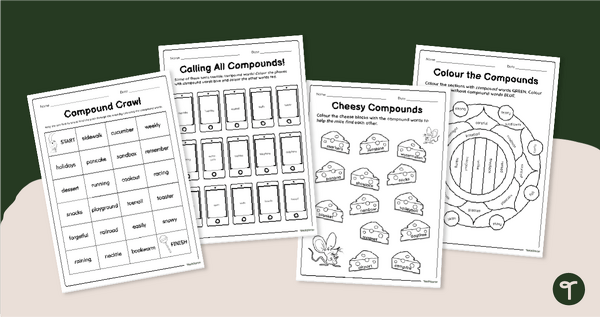
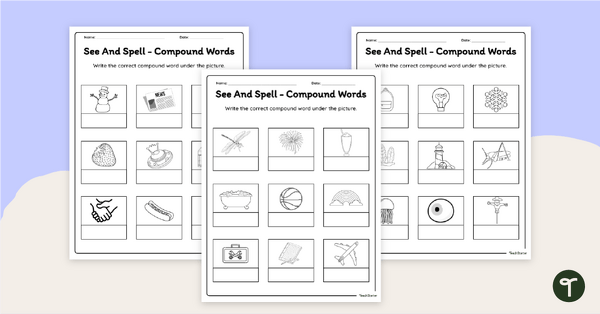
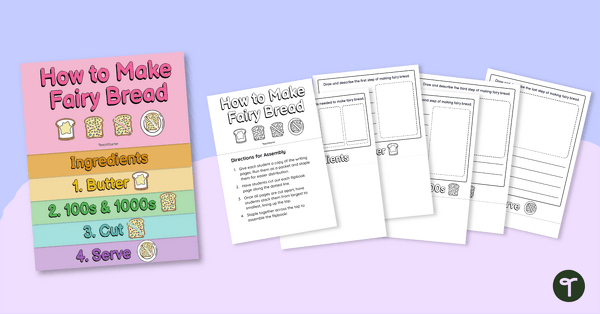
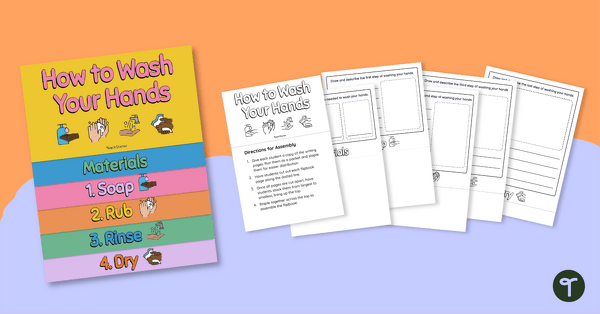
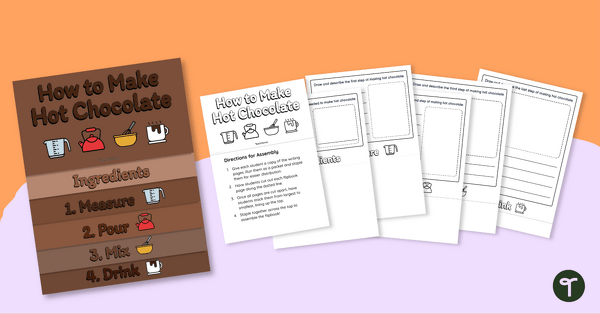
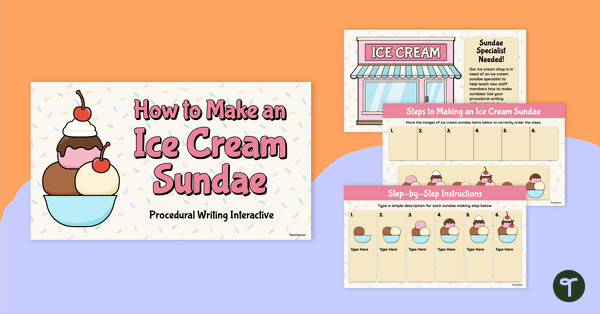
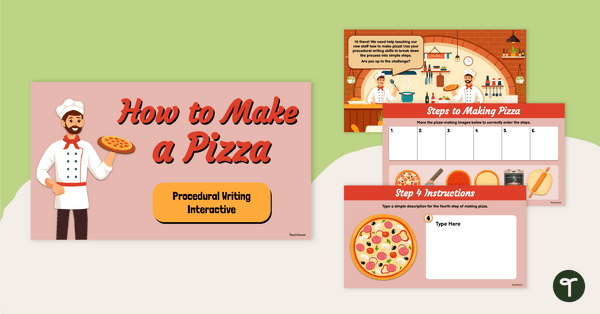
12 Comments
Write a review to help other teachers and parents like yourself. If you'd like to request a change to this resource, or report an error, select the corresponding tab above.
No comments yet.